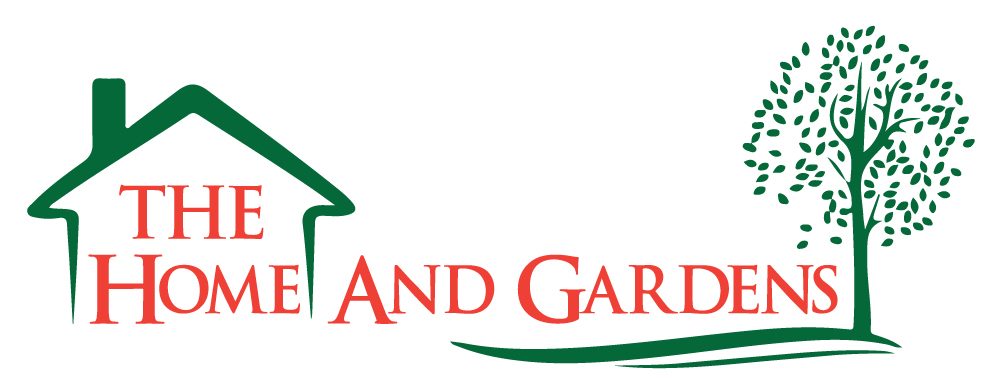How to Protect Hibernating Garden Wildlife
As the weather gets colder, certain animals will start to hibernate in order to conserve energy and ensure that they are able to survive throughout the winter season. Unfortunately, many of our residential areas are built in wildlife habits which means that it is becoming more and more likely that you will stumble across hibernating wildlife in your garden. Read on as we explain how you can help protect them…
Hedgehogs
As spiky nocturnal mammals, hedgehogs are one of the most well-known animals in the UK that hibernates. They will spend the autumn season building up fat reserves by munching on beetles, caterpillars and worms in preparation, and then go into hibernation throughout winter until late March. Many hedgehogs will build a nest and you can help by making and insulating a box for them; however, it is important that you avoid disturbing a hibernating hedgehog as they may struggle to go back to sleep again.
Amphibians
If you have a pond in your garden then it is likely that frogs may choose to hibernate at the bottom. You can help ensure that they get enough oxygen by making sure that the plants in your pond are able to photosynthesise properly. Other amphibians tend to go for damp and sheltered locations so you can provide them with a warm and safe nest using leaves, soil and rocks. Remember not to wake any sleeping wildlife as this could have a detrimental effect on their seasonal slumber.
Bats
Many people are scared of bats because they are said to carry disease, however there are actually 18 different species that can be found in the UK. They are nocturnal mammals which means that it’s very unlikely that you will stumble across one, and they often hibernate from September to March in cool areas like caves where the temperature remains constant. With this said, they may choose to roost in trees so you can protect hibernating bats by ensuring that they remain undisturbed.
There are dozens of different animals that will hibernate throughout the colder months of the year, however, you can also do your part by protecting those who choose to power through the winter too. The cold and frozen soil often means that birds struggle to find enough worms for their young and a bird feeder can be real lifeline. After all, as the dominant species it is vital that we humans make an effort to protect the wildlife at every opportunity.
